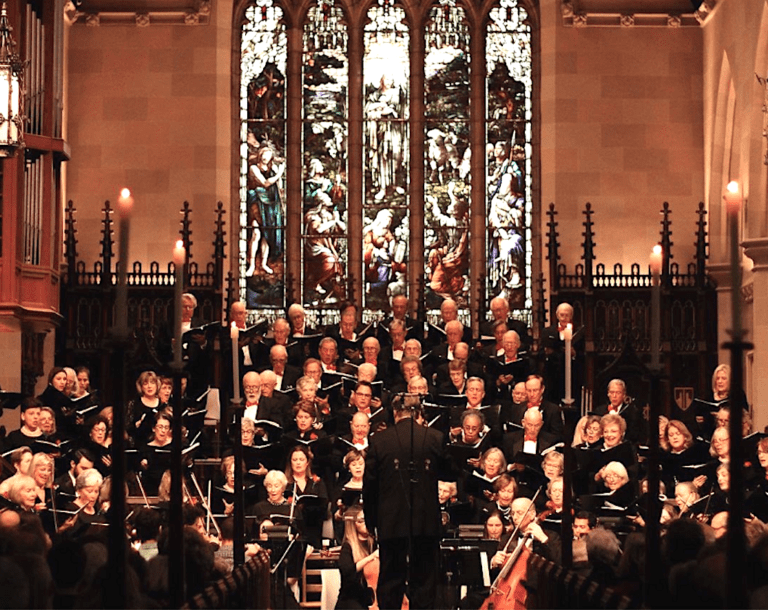

Worked for Morgan Stanley and Deutsche Bank.
By Brooks Harris
Greenwich’s Board of Estimates and Taxation (BET) just changed its debt policy to allow for funding our obligations with long-term debt. You’re probably thinking “First I’ve heard of this” or “Who cares about such minutia?” But this change is significant and highlights a major problem which exists in the management of our local government. Greenwich has very few effective controls guiding our operations and funding. Our commitment to “pay as you go” (fund obligations out of cash or short-term debt only) prevented us from overspending by forcing spending to come out of taxes over a fairly short period. You want that new skating rink or civic center? You will see the bill for it pretty shortly. Even for the least engaged, this mechanism insured our spending would not get out of hand.
But when we fund with long-term debt, we do not get the bill for our spending until 10 or 20 years in the future. How do we insure that we are responsible in our investment in our Town? You might think a town of 60,000 people with a budget of over $400 million and populated by some of the most financially savvy people in the world would be guided by elegant and effective financial planning. If you thought that, you would be wrong. Greenwich projects 1 year of operating budget. How will your taxes or mill rate be affected over the next 5 years by that latest capital project or headcount increase? We don’t know because we don’t even look at that.
So why would we remove one of the only effective fiscal controls we have? The answer comes from our Board of Education (BOE). The BOE has developed a “master plan” to overhaul our entire educational infrastructure. The bill for this proposal is projected to be between $1 and $1.2 billion over the next 20 years assuming we can bring everything in on budget. For those who follow some of our recent flagship investments, you may want to factor in a substantial buffer into those estimates.
We cannot complete this project rapidly on a “pay-as-you-go” basis. Taxes would very quickly double, and residents would rebel and force a scaling back of plans. Funding this with long-term debt is the only way the ball on this could get rolling. Then the hope would be once we started, it would be hard to slow or stop this. That is not a good or honest way to balance the service needs of the Town with the burden of taxes on residents. To be clear, many of the investments outlined in the BOE “master plan” are needed, and I support them. But we must have strong controls and oversight to do this right.
Few probably are aware, but to make a major change in how Greenwich funds itself, the BET had a series of hearings over the last few months. While these hearings were technically public, they were not well known and were attended by (often substantially) fewer than a dozen residents. What, you forgot to check the notices page of the BET website? During the course of these hearings the BET along with the Comptroller’s office and with input from members of the RTM and public produced projections to support the transition to long-term debt. While very rough, the projections yielded several conclusions. They affirmed that we could not fund the BOE proposal with our current modified “pay-as-you-go” policy. They also concluded that funding the proposal would be easier if we used long-term debt. The problem is while using long-term debt would also be potentially unpalatable to residents, it would take a lot longer for residents to realize how problematic the plans were. Instead of seeing in the early years the impact, with long-term debt the problems with the plan would be hidden for 5-10 years or more.
To put a finer point on that, projections of funding the BOE “master plan” with long-term debt showed our debt would more than triple to $800 million. That number may be meaningless to most on its face, but that represents over 1.5% of our fully-valued Grand List. At this level the rating agencies could start to consider whether Greenwich should keep its “AAA” rating or be downgraded. To make matters worse, these projections assumed dramatic increases in taxes. While taxes and mill rate were not explicitly included in the projections, the implied increase in taxes would have to be somewhere between 60% and 100%. If our rating could be jeopardized or if our taxes could double, that is probably pretty important to residents!
To reiterate, I strongly support many of the investments outlined in the BOE “master plan.” But before we start to execute such a grand plan, we need strong controls and oversight to make sure we do this right. It is only fair to Greenwich residents to highlight the impact on their tax burden as well as the impact on the financial health of the town. Then we could prioritize our needs and make sure we get the optimal tradeoff between taxes and services. It is not unreasonable to believe that there could be some items which are not worth it in a $1+ billion master plan, and it is the job of Town leaders to find them. I realize it is a hard job, and every special interest has their pet project, but we elect our representatives to do the right thing, not the easy thing.
So, what can you do? First, it is critical that residents know what is going on. Spread the word. Make it clear you care about getting great services but also being mindful of our tax burden. Let people know $1 billion is a lot of money, and it has your attention! Second, reach out to your BET and RTM members and let them know you care. Contact information can be googled and is just a few clicks away. Finally, if you have an opinion on this one way or another, feel free to reach out to me at BrooksHarrisGreenwichRTM@gmail.com and I will see that it is directed to the appropriate people. Elections are coming up in November, and they will have consequences. Please apprise yourself of the issues and help steer Greenwich to the right path forward.
These views are my own and do not represent the RTM or the RTM Finance Committee.
After graduating from the University of Pennsylvania in 1986 with a dual degree in Management and Technology, Brooks Harris went on to earn a Bachelor’s degree in Economics and Finance from the Wharton School and a BSE in Computer Science Engineering before completing his education with an MBA from Stanford University as an Arjay Miller Scholar.
Brooks Harris then worked for almost 25 years as a banker, primarily for Morgan Stanley and Deutsche Bank before deciding to manage his own portfolio and spend more time with his family and volunteering in our community.




